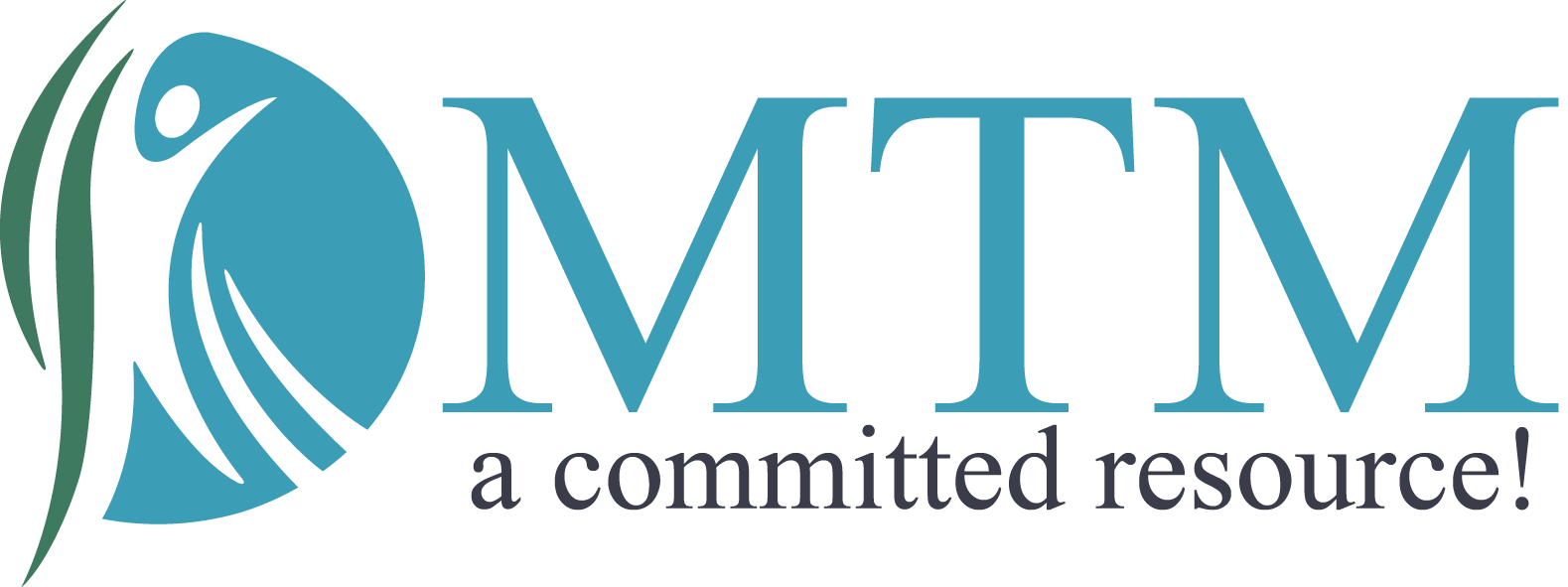Navigating the Complexities of Utilization Review Responses: Ensuring Fair Treatment for Injured Workers
Delays in Workers' Compensation: Navigating UR Inconsistencies
In the intricate world of workers' compensation, the Utilization Review (UR) process plays a pivotal role in determining the approval of medical treatments for injured workers. However, inconsistencies and delays in this process can significantly hinder the timely care that injured workers require. Let's delve into a recent case involving a response from the Corvel UR Department and explore the implications of such inconsistencies, guided by the rules set forth by the California Division of Workers' Compensation (DWC).
A Story of Inconsistent UR Responses
Dr. C, a dedicated general physician who exclusively treats injured workers in the capacity of a primary treatment physician, recently encountered significant challenges with the Utilization Review (UR) process. Dr. C’s office, which also provides Chiropractic, Acupuncture, and various other treatments, submitted an authorization request for a patient, an injured worker, who required multiple treatments to facilitate recovery and a timely return to work. Understanding the critical nature of these treatments, Dr. C submitted an authorization request to the UR department.
Authorization Request and UR Response
| Requested Treatment | UR Response |
|---|---|
| Consult with Orthopedics for Left Hand/Fingers | Approved |
| Acupuncture 2 times a week for 3 weeks for Left Hand | Approved |
| EMG/NCV Bilateral Upper Extremity | Approved for Left Hand, Denied for Right Hand |
However, discrepancies arise when examining the detailed UR treatment request and status section. Despite the initial approval, it states "Acupuncture 2x3 non-certified." This inconsistency creates confusion and delays the initiation of approved treatments.
The Importance of Adhering to DWC Guidelines
According to California DWC regulations, any denied treatment must be accompanied by a completed Independent Medical Review (IMR) form. This form enables injured workers to request an IMR for denied treatments, ensuring a fair review process. In this case, the IMR did not list Acupuncture 2x3 as a denied treatment request, further complicating the situation and delaying the necessary care.
Implications of Delayed Treatment
When insurance companies or UR departments do not adhere strictly to guidelines, whether deliberately or inadvertently, it severely impacts the injured worker's care. Delays in necessary treatments can prolong recovery times, increase the chances of complications, and ultimately delay the worker's return to their job. Such delays not only affect the worker's health but also have broader implications for their financial stability and quality of life.
Enhancing Transparency and Accountability
To mitigate these issues, it is crucial for all parties involved to ensure transparency and adherence to established guidelines. Providers must be vigilant in reviewing UR responses and promptly addressing any discrepancies. Additionally, insurance companies and UR departments should streamline their processes to avoid such inconsistencies, thus fostering a more efficient and fair system for all.
At Medrina Technology Management, we are committed to advocating for our clients and ensuring that the UR process is handled meticulously. Our expertise in navigating these complexities ensures that injured workers receive the timely care they deserve, ultimately supporting their swift return to work.
Conclusion
Navigating the UR process can be challenging, but understanding the guidelines and maintaining strict adherence to them is essential for fair and timely treatment of injured workers. By highlighting these issues and working together towards solutions, we can enhance the overall effectiveness of the workers' compensation system.
Stay updated with the latest insights and news in medical billing services and workers' compensation billing and collections. Enter your email below to subscribe to our blog
Most Recent Articles




